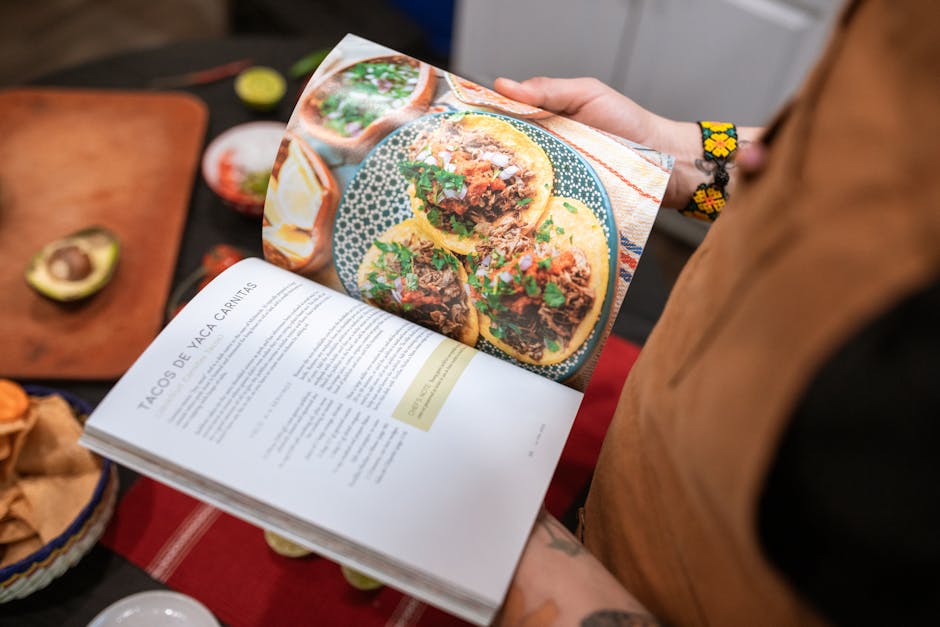Trump Demands a “Win” for Any Putin Talks
In a statement sending ripples through diplomatic circles, former US President Donald Trump has declared he would only meet with Russian President Vladimir Putin if a concrete outcome was guaranteed, stating he doesn’t want a “wasted meeting.” This characteristically blunt remark reveals the potential foreign policy doctrine of a candidate vying to return to the White House, signaling a shift from traditional diplomacy to high-stakes deal-making.
For global observers, Trump’s words suggest a return to the transactional approach that defined his first term. Traditional diplomacy often involves relationship-building where the meeting itself is part of a longer process. For Trump, the meeting is the culmination—a public event that must be preceded by a tangible “win” he can present to his base.
Implications for the War in Ukraine
The undeniable context for any such summit is the ongoing war in Ukraine. Trump has repeatedly claimed he could end the conflict “in 24 hours,” and this latest statement lends strategic weight to that assertion. It suggests any potential Trump-Putin dialogue would be laser-focused on a singular goal: a ceasefire or a settlement.
This approach, while potentially effective in breaking stalemates, also raises alarm bells in European capitals. Allied leaders fear a quick deal brokered over their heads, one that might reward Russian aggression with territorial concessions and fundamentally alter the post-Cold War security architecture.
Global Reactions and Strategic Shifts
From New Delhi to Brussels, these developments are being watched with rapt attention. India, for example, has meticulously navigated a complex diplomatic tightrope, maintaining ties with Moscow while deepening its partnership with the United States. A potential Trump-led negotiation with Russia presents both opportunities and challenges for such nations.
- Potential Positives: A swift end to the war could stabilize volatile global energy and food markets, providing significant economic relief. It would also de-escalate a conflict that has strained international partnerships.
- Potential Risks: A settlement seen as appeasing Moscow could embolden other revisionist powers. Furthermore, a sudden US-Russia détente under Trump could dramatically reorder global priorities, potentially freeing up American focus to pivot more aggressively towards confronting China—a development that would place nations like India under immense strategic pressure.
Ultimately, Trump’s declaration is a clear signal: should he return to the White House, the world can expect a foreign policy driven by personal deal-making, not institutional process. He is putting Putin on notice that he will not entertain a “wasted meeting,” demanding a serious offer before even considering a summit.




